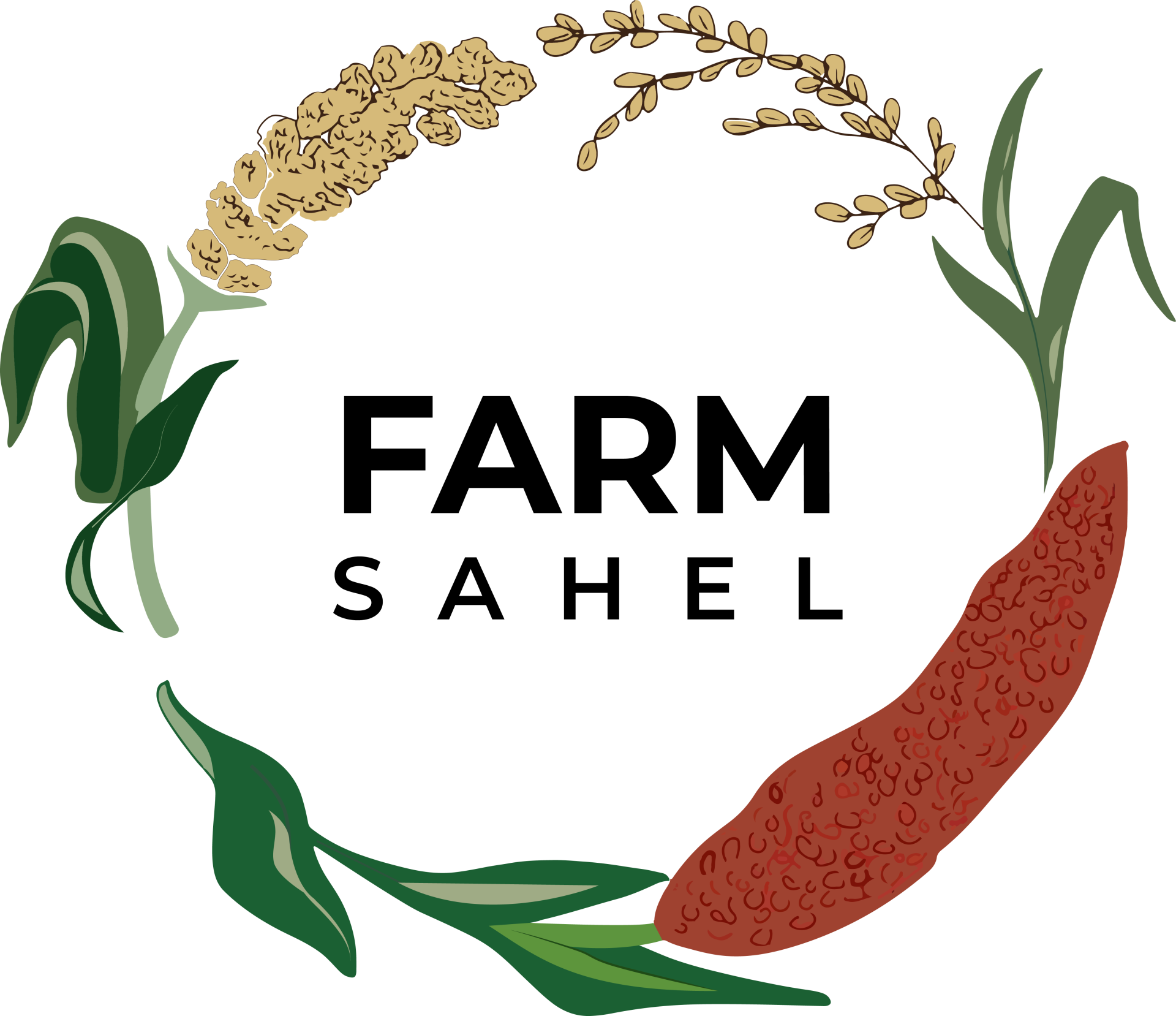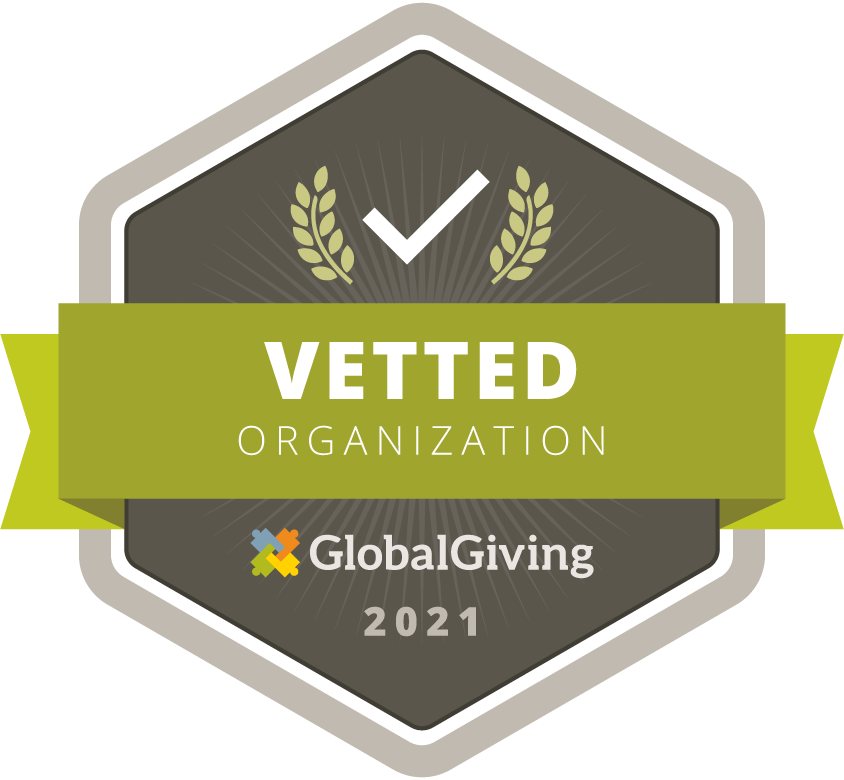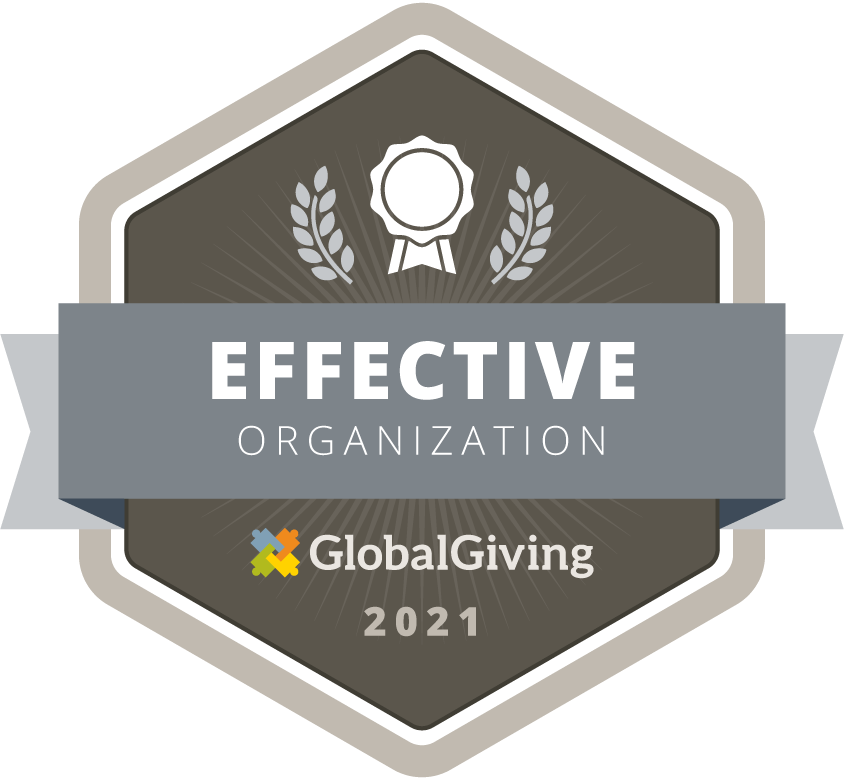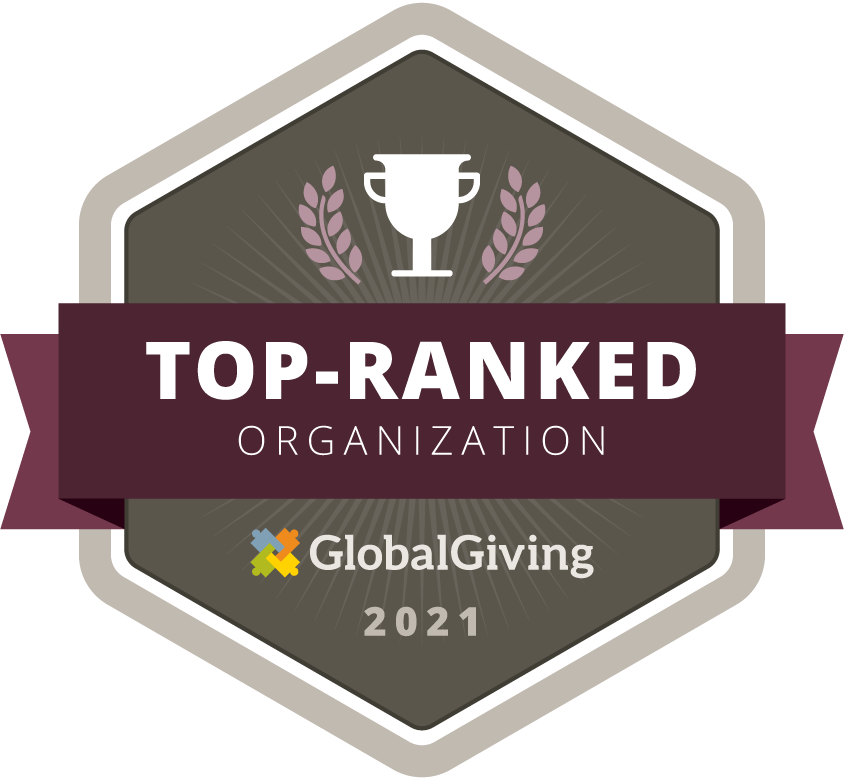The Importance of Proper Seeds
Seeds are obviously critical to farming, as they are where the crops themselves come from. Without seeds, there would be no agriculture and thus no food. For hundreds of years, humans have been working to produce better seeds. Seeds that hold up during dry seasons or rough weather, and seeds that produce larger and more nutritious crops. Key species such as wheat and rice have been selectively bred by humans in order to make them easier to grow and more nutritious. This is why proper seeds are so important to agriculture in Africa, with them, farmers are more easily able to grow greater quantities of high quality crops.
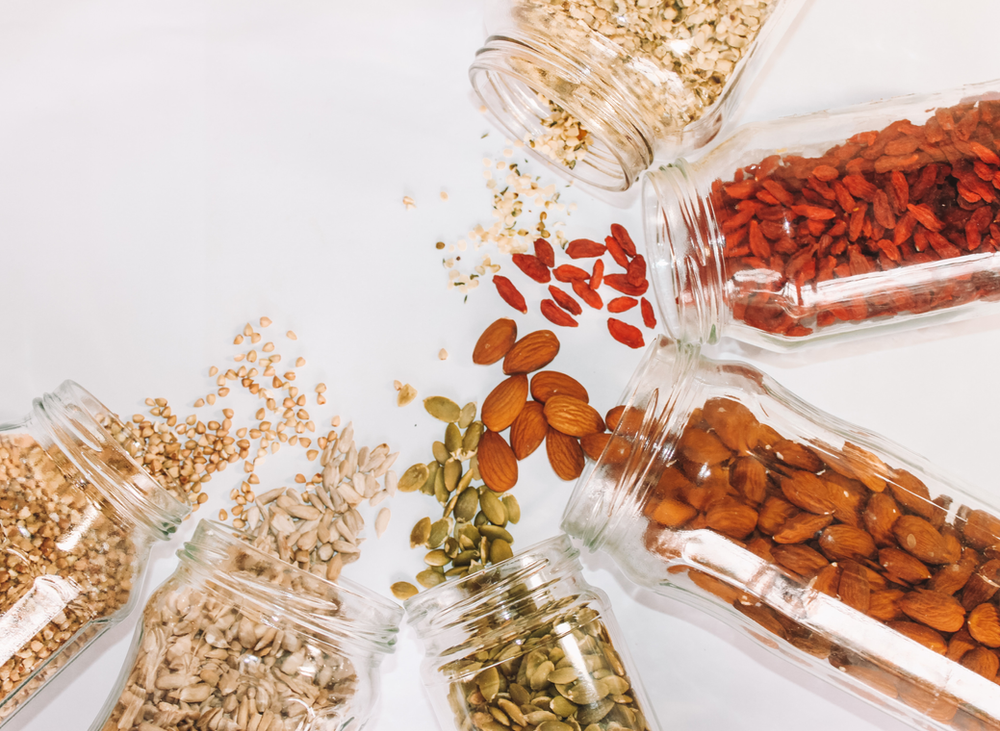
While many think that seeds can just be gathered from previous harvests, many farmers within Africa buy seeds for various reasons. These reasons can include bad harvests or natural disasters, which can wipe out crops and stored seeds, along with simply wanting better or different seeds. Farmers generally obtain seed from either neighbors or grain markets in their local areas. Much of Africa lacks commercial seed, as many seed companies do not find it profitable to expand their operation into the continent. Likewise, seed distribution in many areas is often monopolized by one seed distributing company, who oftentimes only provides one type of seed and fixes prices throughout the area. The systems through which seeds are distributed throughout Africa are inefficient and expensive, making it hard for many African farmers to obtain the seeds that they need for their farming efforts.
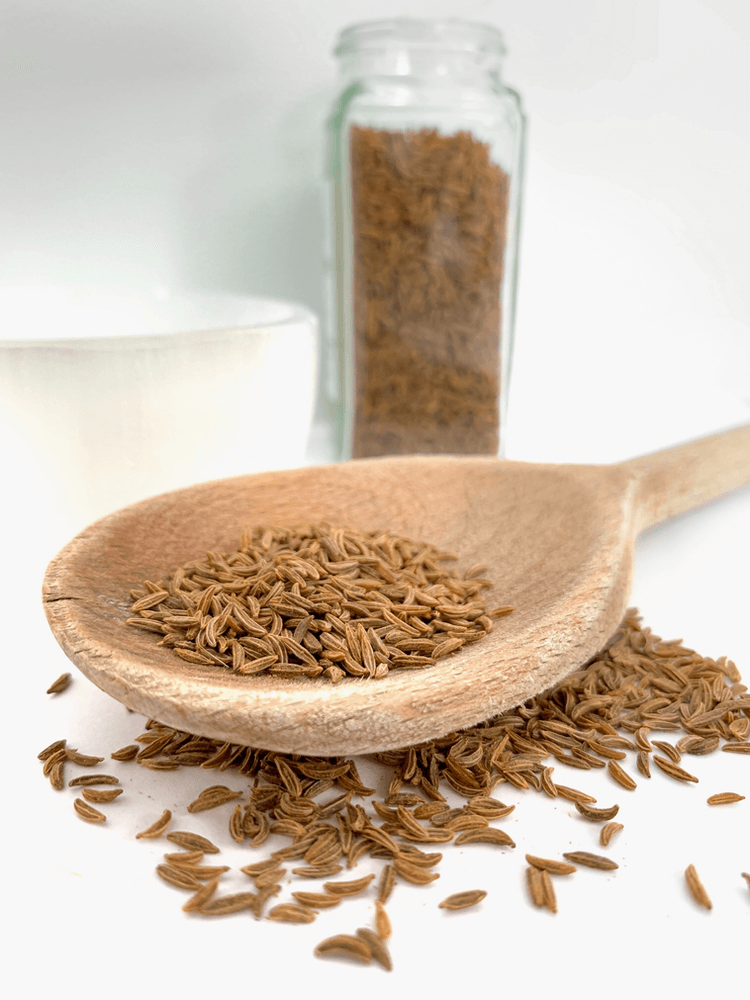
However, Africa also has large problems with seeds, especially when it comes to fake seeds and seed distribution. Fake seeds are when non-seeds, such as regular grain, are passed off as seeds. This regular grain is unable to germinate, and are all but useless to the farmer. The issue of fake seeds is prevalent in Africa, with small farmers often tricked by seed distributors into buying these fake seeds, threatening their livelihoods. Many countries throughout Africa and in the Sahel region do not have proper measures in place to stop these practices, and many cases of fake seeds go unreported. However, countries such as Nigeria are implementing measures to crack down on fake seeds. Nigeria has launched electronically coded seed labels, that farmers can use to ensure that they are buying authentically certified seed.
In addition to fake seeds, there is the issue of “subprime seeds”. These seeds are procured from informal markets, which often do not allow for quality checks. These seeds are usually suboptimal, and can cause diseases to crops throughout a farm. Subprime seeds are a rampant problem throughout Africa, with 92% of sorghum seed, 84% of millet seed, 93% of groundnut seed, 93% of common bean seed and 88% of cowpea seed reported to be from informal sources. Through both fake seeds and subprime seeds, many small African farmers can accidentally waste their money and resources by investing in seeds that will not produce proper crops for them. These threats of fake and subprime seeds show just how important seeds are to small farmers throughout Africa, and how critical it is that they are supplied with proper, real seeds for their agricultural needs.
When farmers have proper seeds, it can transform their farming and create agricultural independence and prosperity throughout Africa. As we have discussed before, large numbers of people within Africa are employed in the agricultural industry, with about 60% of all Africans working in farming. However, the continent still does not produce enough food to feed its population, causing the continent to spend around 35 million US dollars per year to import food. Studies have shown that seeds can help with this issue. For example, a project in Uganda gave Ugandan farmers access to proper seeds, the project found that these seeds produced higher yields for farmers, allowing them to improve their lives. Seeds can improve the productivity of farmland, and can help Africans with their goal of independence and prosperity.
Sources:
Towards a VIBRANT, private-sector Led seed industry in Africa. (2020, June 22). Retrieved March 25, 2021, from https://www.agrilinks.org/post/towards-vibrant-private-sector-led-seed-industry-africa
Ojiewo, C. O. (2021, February 06). Higher quality seeds can help beat Africa's 'HUNGER PANDEMIC'. Retrieved March 25, 2021, from https://theconversation.com/higher-quality-seeds-can-help-beat-africas-hunger-pandemic-153916#:~:text=Farmers%20in%20Africa%20often%20procure%20seed%20from%20informal,seed%20were%20reported%20to%20be%20from%20informal%20sources.
Thijssen, M. (2019, March 27). Seeds for Africa. Retrieved March 25, 2021, from https://weblog.wur.eu/spotlight/seeds-for-africa/
Agricultural transformation and seeds. (2019, March 15). Retrieved March 25, 2021, from https://www.africa-seeds.org/en/our-mission/agricultural-transformation/
Tripp, R. 2000. Strategies for seed system development in Sub-Saharan Africa: a study of
Kenya, Malawi, Zambia, and Zimbabwe. Working Paper Series no. 2. PO Box 776, Bulawayo,
Zimbabwe: Socioeconomics and Policy Program, International Crops Research Institute for the SemiArid Tropics. 56 pp.
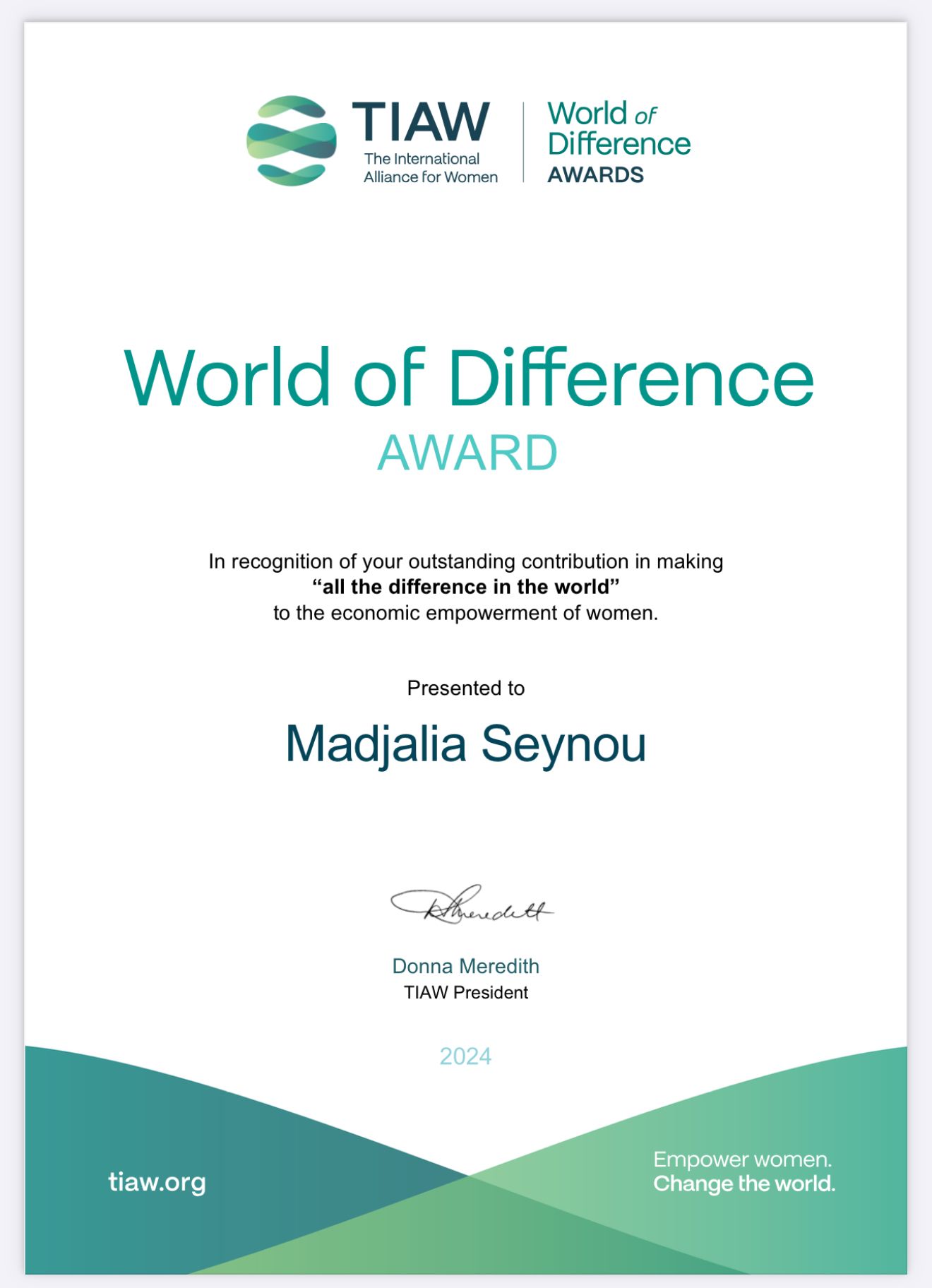
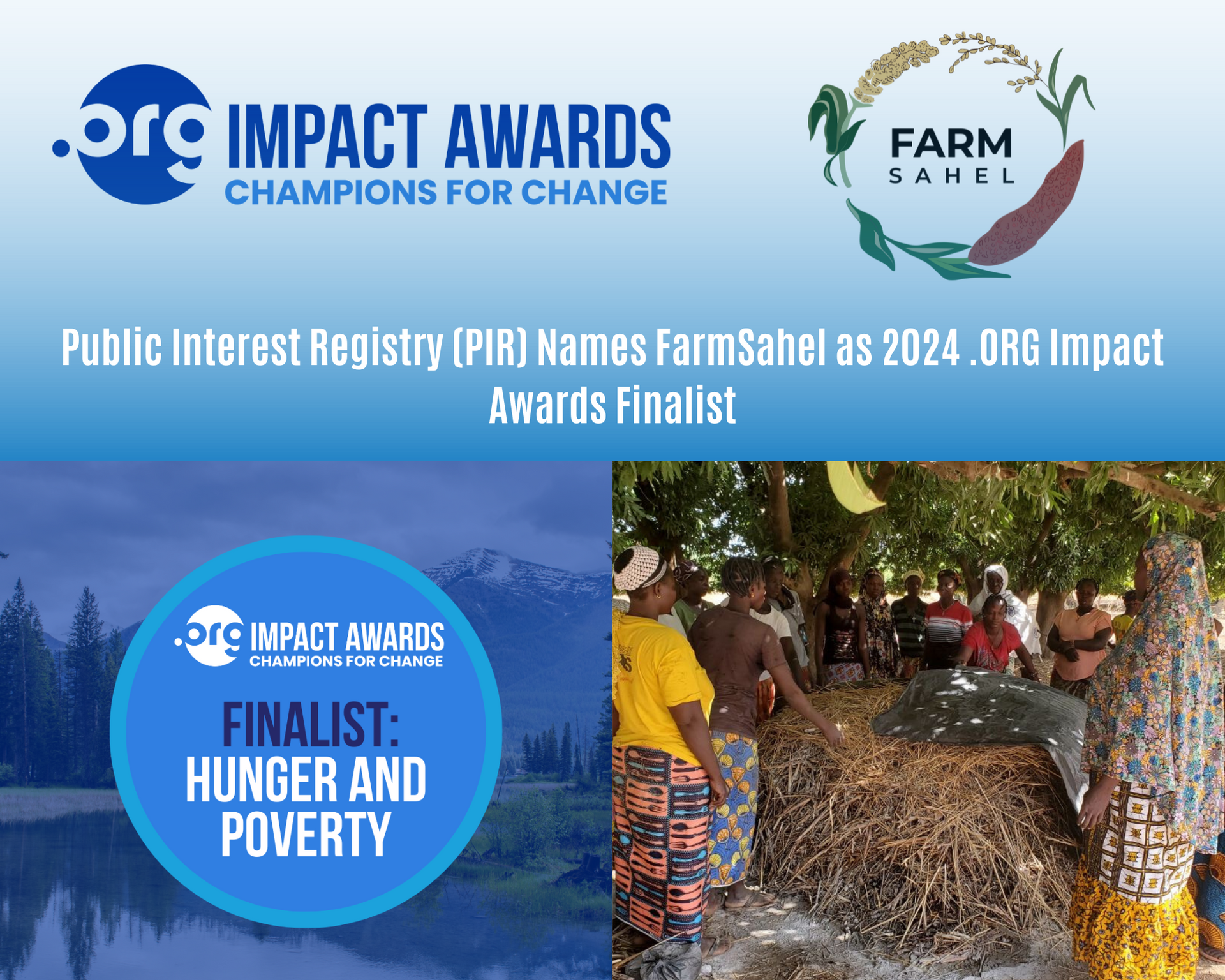
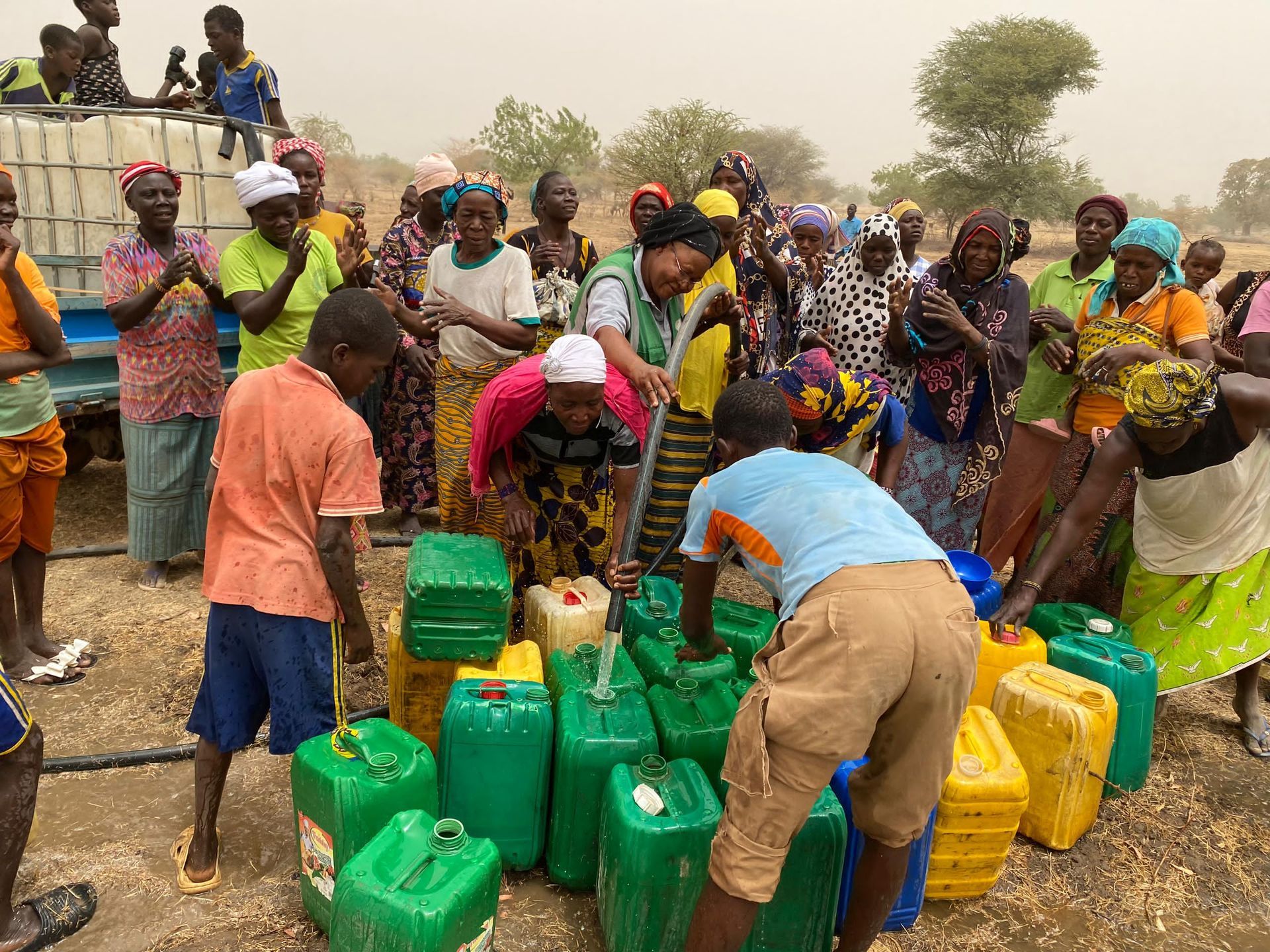
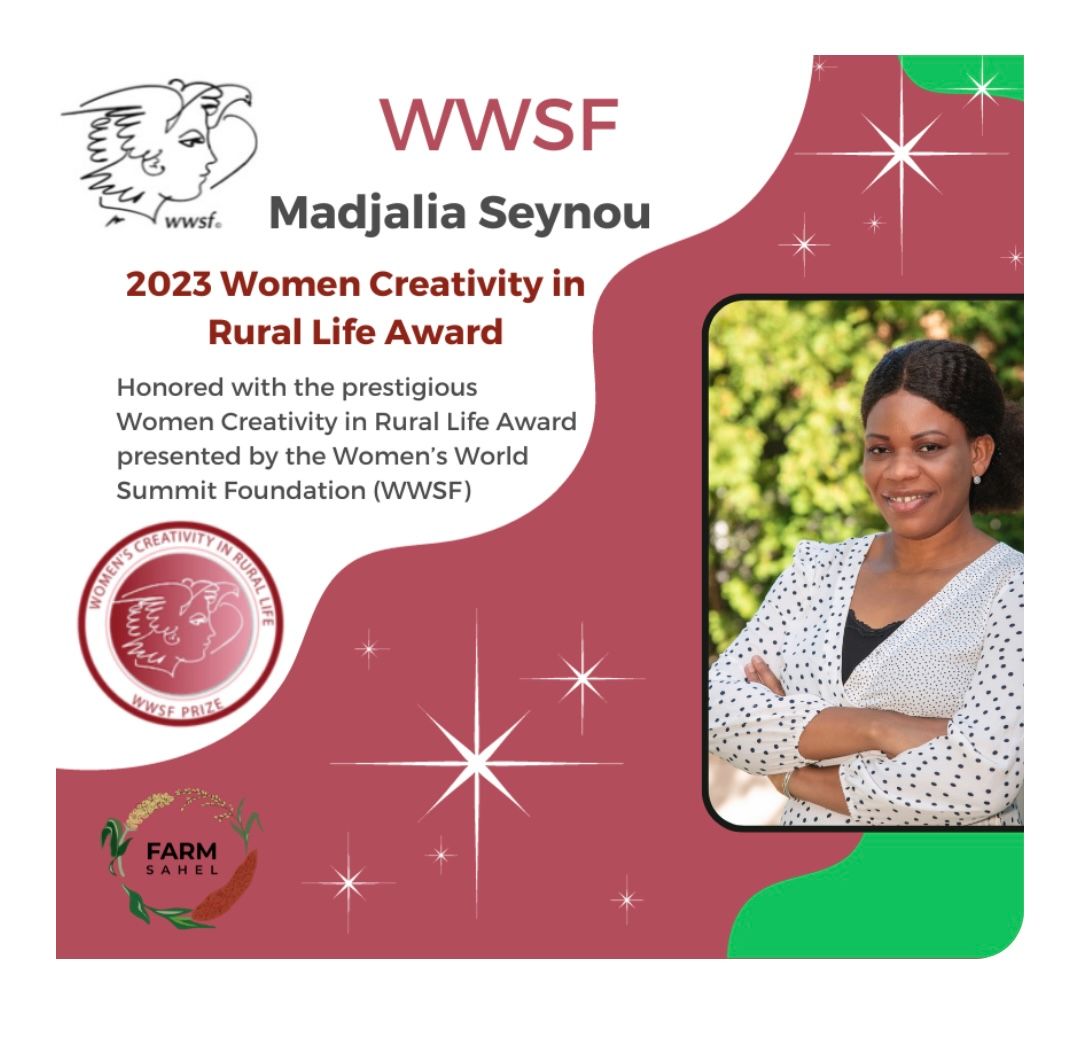
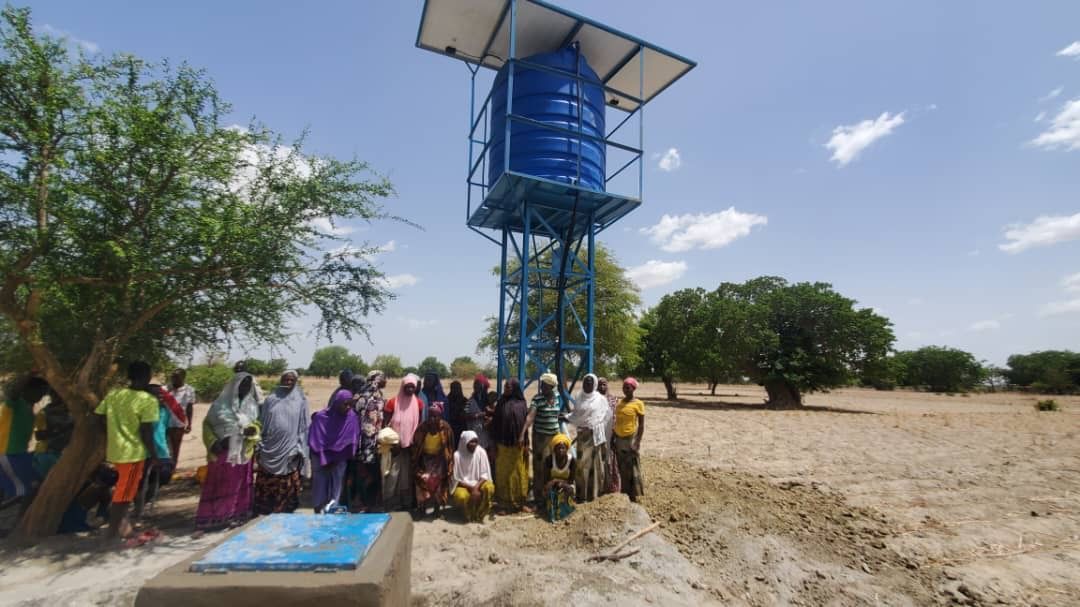
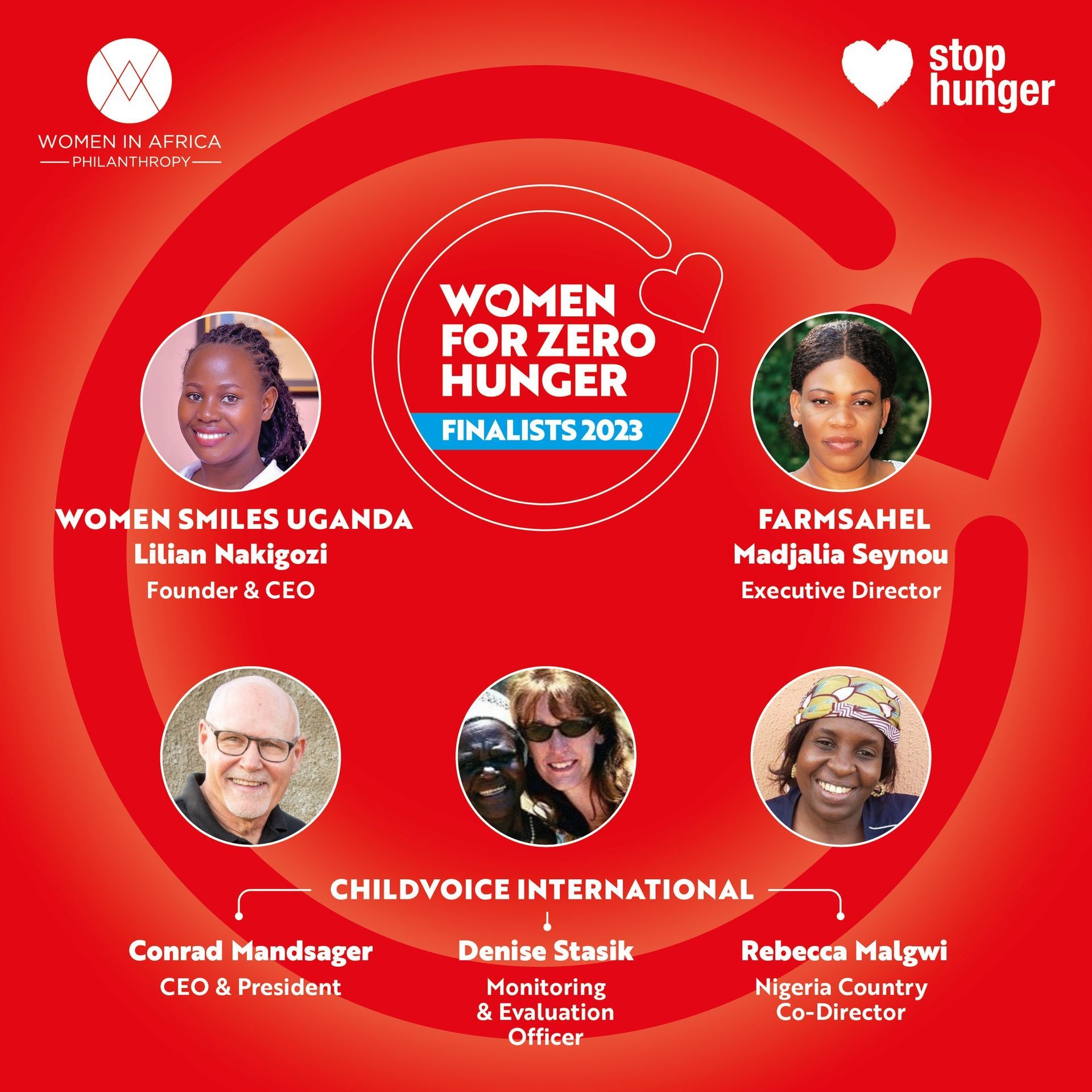
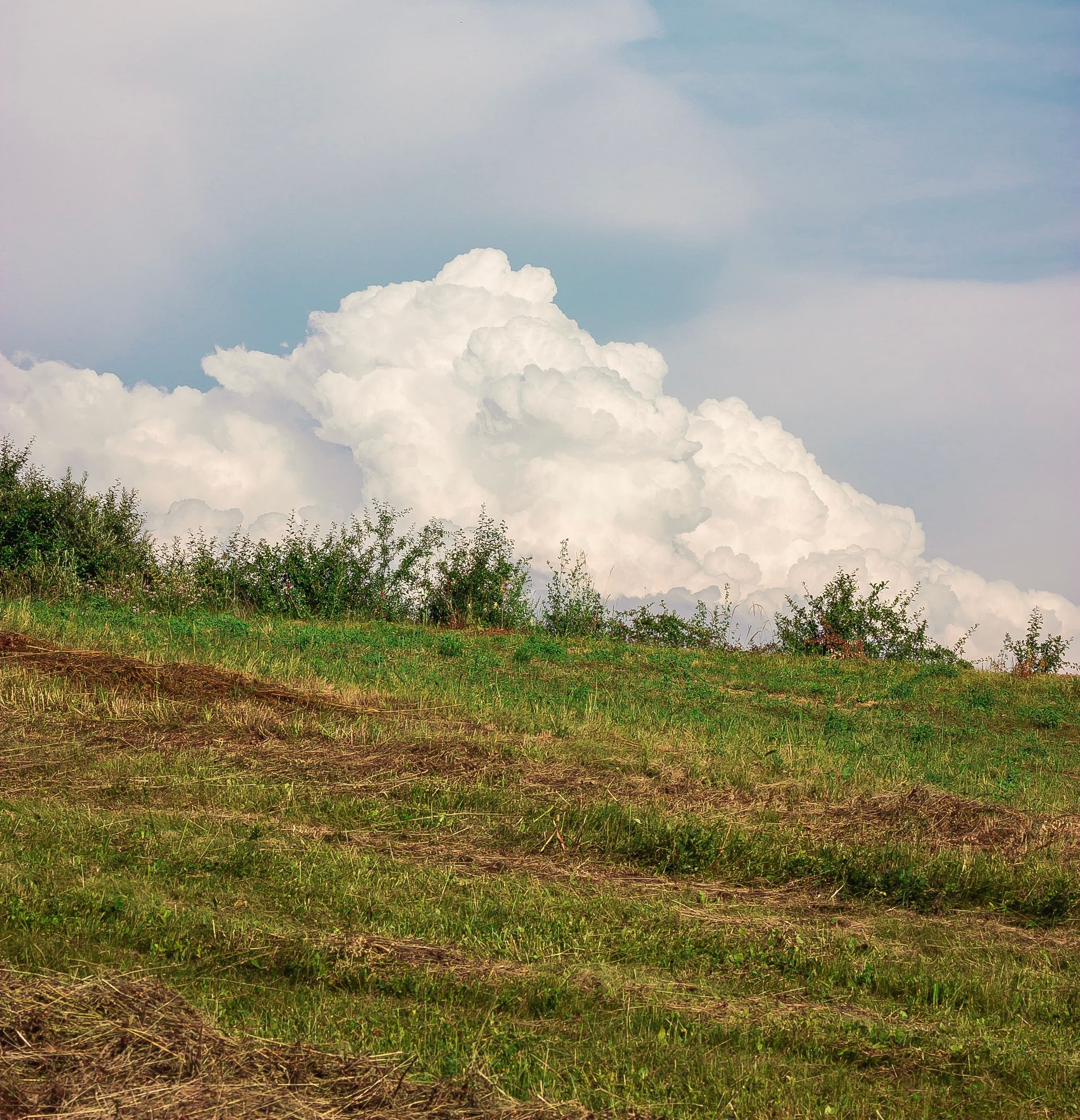
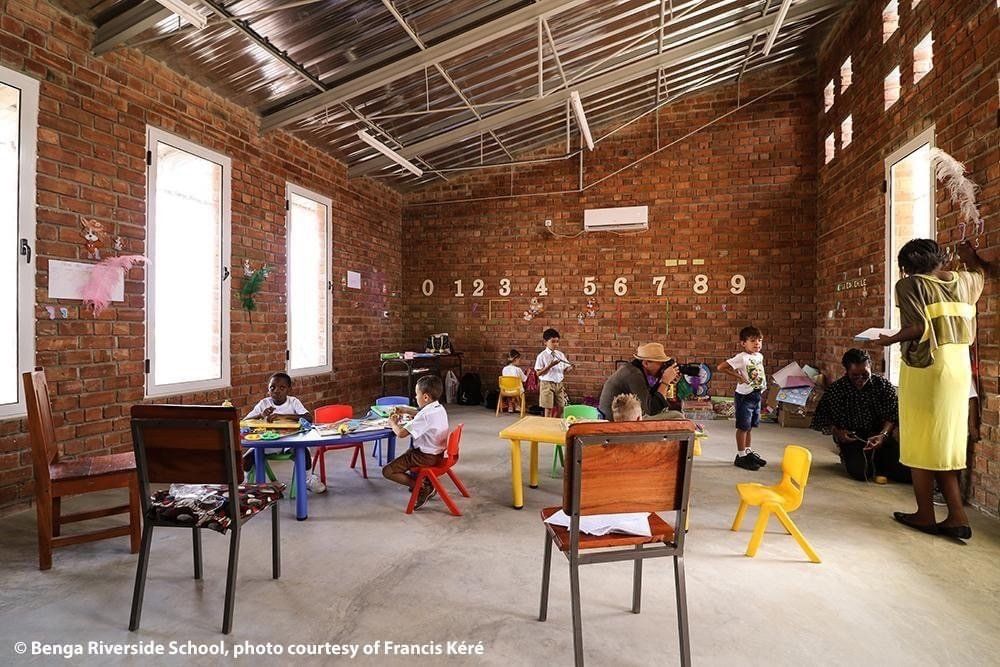
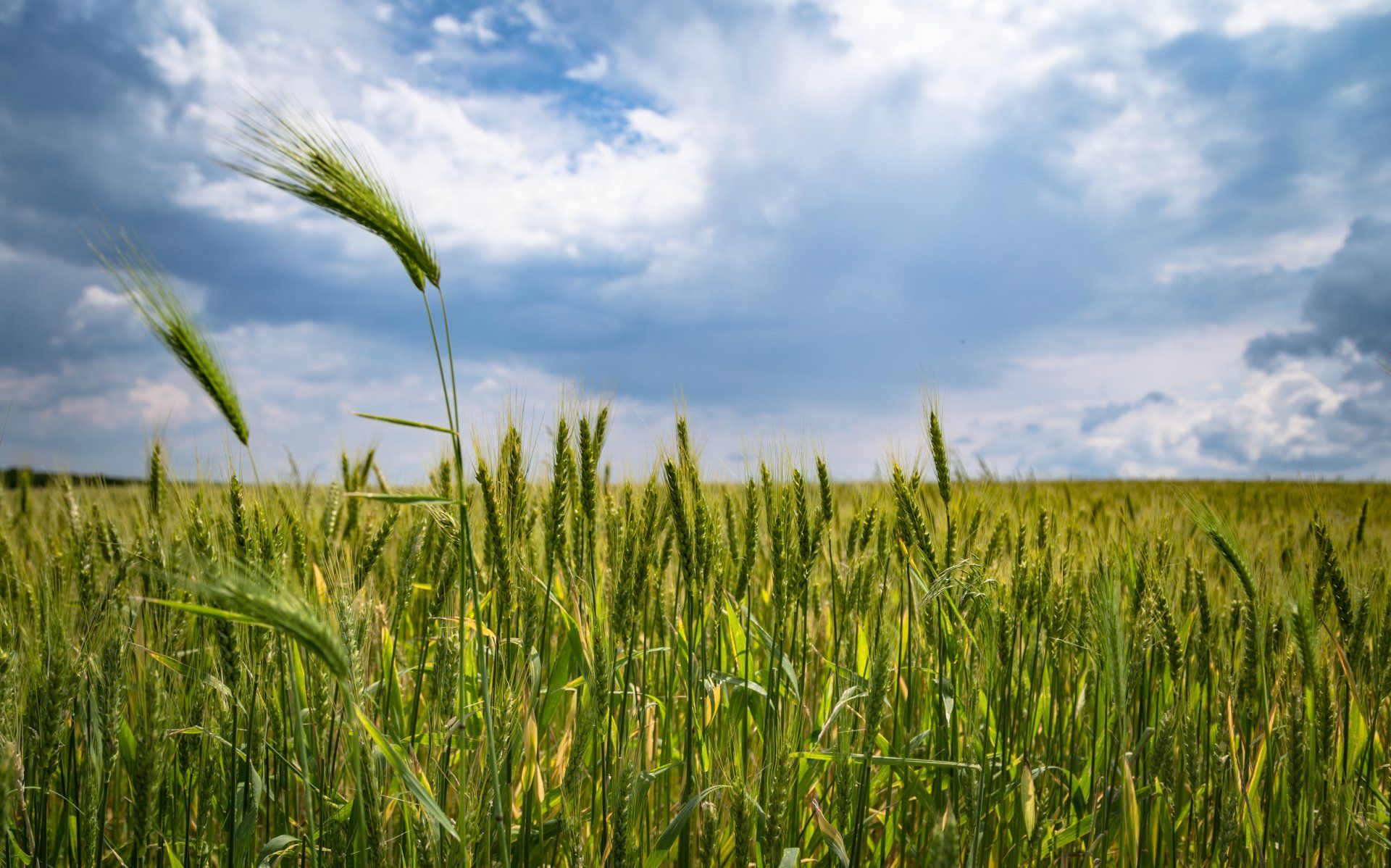
Donate Stocks
Subscribe to our newsletter
Join the Newsletter
Thank you for signing up for our newsletter.
Please try again later
